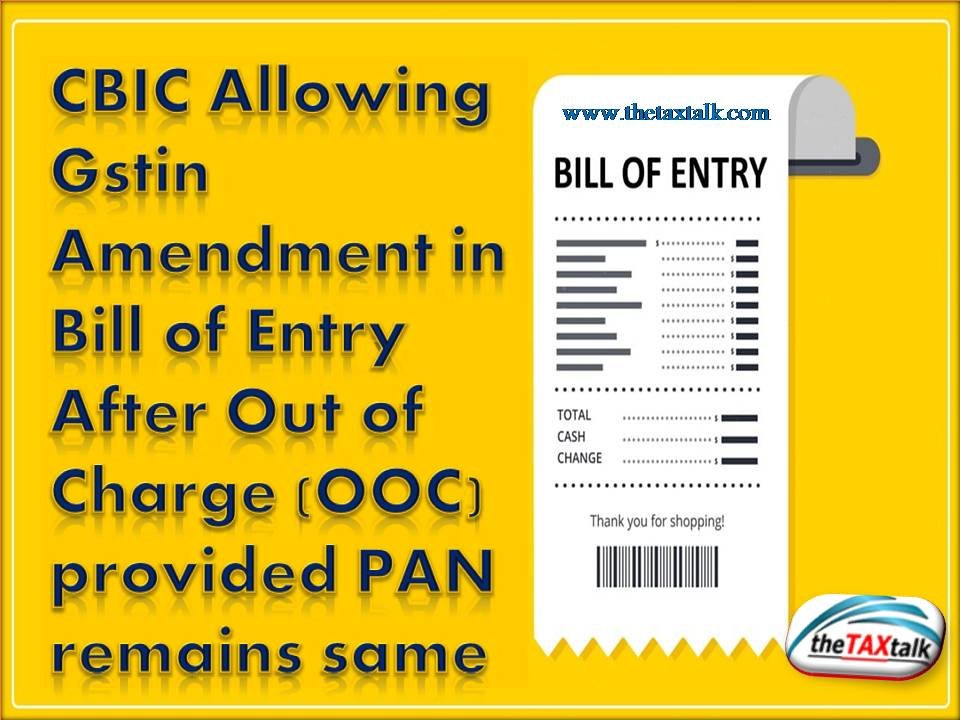Capital Gain Exemption u/s 54B not allowed if land is purchased in name of wife [Read Judgement]
The Chhattisgarh High Court in the matter of Chowaram Baghel Vs. The Principal Commissioner of Income Tax ordered that capital gain exemption u/s 54B is not allowed if land is purchased in the name of wife.
Key Points of the Case:
The appellant sold agricultural land to M/s Golden Bricks Infrastructure Pvt. Ltd., on which long term capital gains was assessed at Rs. 66,66,284 and which was finally determined at Rs. 36,66,284 by the CIT (Appeals), Raipur, deleting addition of Rs. 30,00,000. The ITAT, Raipur Bench has upheld the determination of long term capital gains at Rs. 36,66,284. According to the appellant, out of the sale proceeds of the assessee purchased agricultural lands on July 27, 2011 of Rs. 5,52,000 in his own name, on August 01, 2011 of Rs. 9,90,300 in the name of wife and on August 01, 2011 of Rs. 8,62,000 includes stamp duty, totling of Rs. 24,04,300.
Since the Assessing Officer determined the long term capital gains arising out of sale proceeds of urban agricultural land at Rs. 66,66,284 and did not allow deduction under Section 54B of the Income Tax Act, 1961 (for short ‘the IT Act’) in respect of investments made in purchase of agricultural lands in the name of his wife. The assessee filed an appeal before the CIT (A) and the CIT (A), after perusal of the evidence, accepted the contention that the land was sold for Rs. 45,80,000 and Rs. 30,00,000 was received as gift from father-in-law Sant Ram Chaturvedani in cash, which was deposited in the bank account. The CIT (A) allowed exemption under Section 54B for an amount of Rs. 9,90,300 and Rs. 8,62,600 invested in the name of wife. The same was subject of challenge before the ITAT by Revenue. The ITAT annulled the deduction under Section 54B of the IT Act on the ground that the exemption could have been allowed only if the investment is made by the assessee in his own name and since the investment was made in the name of wife, son, father, etc. did not allow the deduction of Rs. 9,90,300 and Rs. 8,62,600 under Section 54B and set aside the order of the CIT (A) and restored back the order of the Assessing Officer on this point. The same was subject of challenge before this Court. This Court admitted the appeal on the substantial question of law, as quoted supra.
The appellant sold his agricultural land on 2-7-2010 to M/s Golden Bricks Infrastructure Pvt. Ltd. The sale consideration was shown as Rs. 45.80 lakh and the cash amounting to Rs. 30.00 lacs deposited in the bank account of the appellant, therefore, initially the Long Term Capital Gain was assessed for a consideration of Rs. 75.80 lakh, however, subsequently, the assessee made a statement that due to improper state of mind being brain tumor patient, he ended up giving incorrect statement inadvertently and Rs. 30.00 lakh was received as cash gift from his father-in-law. This statement led to enquiry and on enquiry it was found that the father-in-law of the appellant namely; Sant Ram Chaturvedani has given an amount of Rs. 30.00 lakhs by way of gift, which he received from one Ganga Ram Sahu, who received the same by way of compensation in lieu of land acquisition. Ganga Ram Sahu also affirmed the said fact, therefore, after due enquiry it was found that Ganga Ram Sahu had sufficient cash in hand to make payment of Rs. 30.00 lakh to the father-in-law of the appellant, who, in turn, gifted the said amount to the appellant. Therefore, the said amount being given to a relative as defined under Section 56 of the IT Act, it was not included in the total income being a gift received from the relative.
As regards reinvestment of sale proceeds of agricultural land in purchase of agricultural lands in the name of spouse is concerned, the contention of the appellant is that he purchased two agricultural lands for an amount Rs. 9,90,300 and Rs. 8,62,600 in the name of his wife namely; Lalita Baghel on 1-8-2011 after the initial sale consideration was received prior to the date i.e. on 2-7-2010, therefore, the exemption in respect of Section 54B of the IT Act was claimed for. The same was allowed by the CIT (A) whereby the exemption under Section 54B for an amount of Rs. 9,90,300 and Rs. 8,62,600 was allowed. Against the said order, the revenue preferred an appeal before the ITAT. The ITAT vide its order dated 17-1-2018 disallowed the exemption in view of law laid down by the Punjab and Haryana High Court in the matter of CIT v Shri Dinesh Verma.
Reading of the judgment would show that when the person who claimed “exemption or concession” he has to establish that he is entitled to that exemption or concession. A provision providing for an exemption, concession or exception, as the case may be, has to be construed strictly with certain exceptions depending upon the settings on which the provision has been placed in the Statute and the object and purpose to be achieved. Plain reading of Section 54B would show that the benefit is available to the assesee and when the exemption is demanded. In absence of any ambiguity the scope of definition of ‘assessee’ cannot be enlarged so as to include the wife of the assessee. In other words, the exemption clause has to be construed strictly.
Applying the well settled principles of law, the question of law is answered in favour of the Revenue that ITAT was justified in holding that the deduction under Section 54B of the IT Act cannot be allowed to the assessee as the land was not purchased in his own name.
As a sequel, the appeal is dismissed. There shall be no order as to cost(s).
For Official Judgment Download the PDF Given Below:
Join StudyCafe Membership. For More details about Membership Click Join Membership Button
In case of any Doubt regarding Membership you can mail us at [email protected]

![Capital Gain Exemption u/s 54B not allowed if land is purchased in name of wife [Read Judgement]](https://digitalaiaccountant.com/wp-content/uploads/2023/12/Capital-Gain-Exemption-us-54B-not-allowed-if-land-is.jpg)


